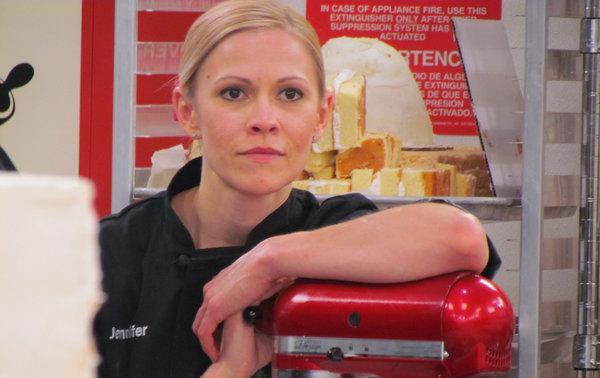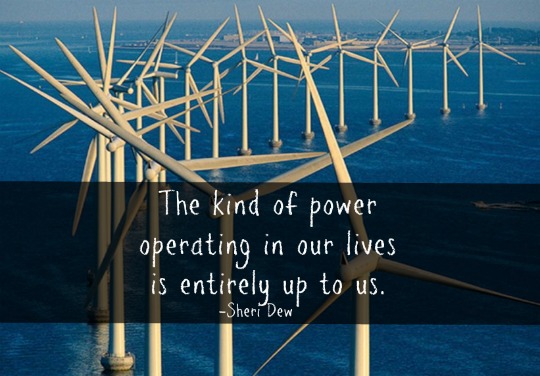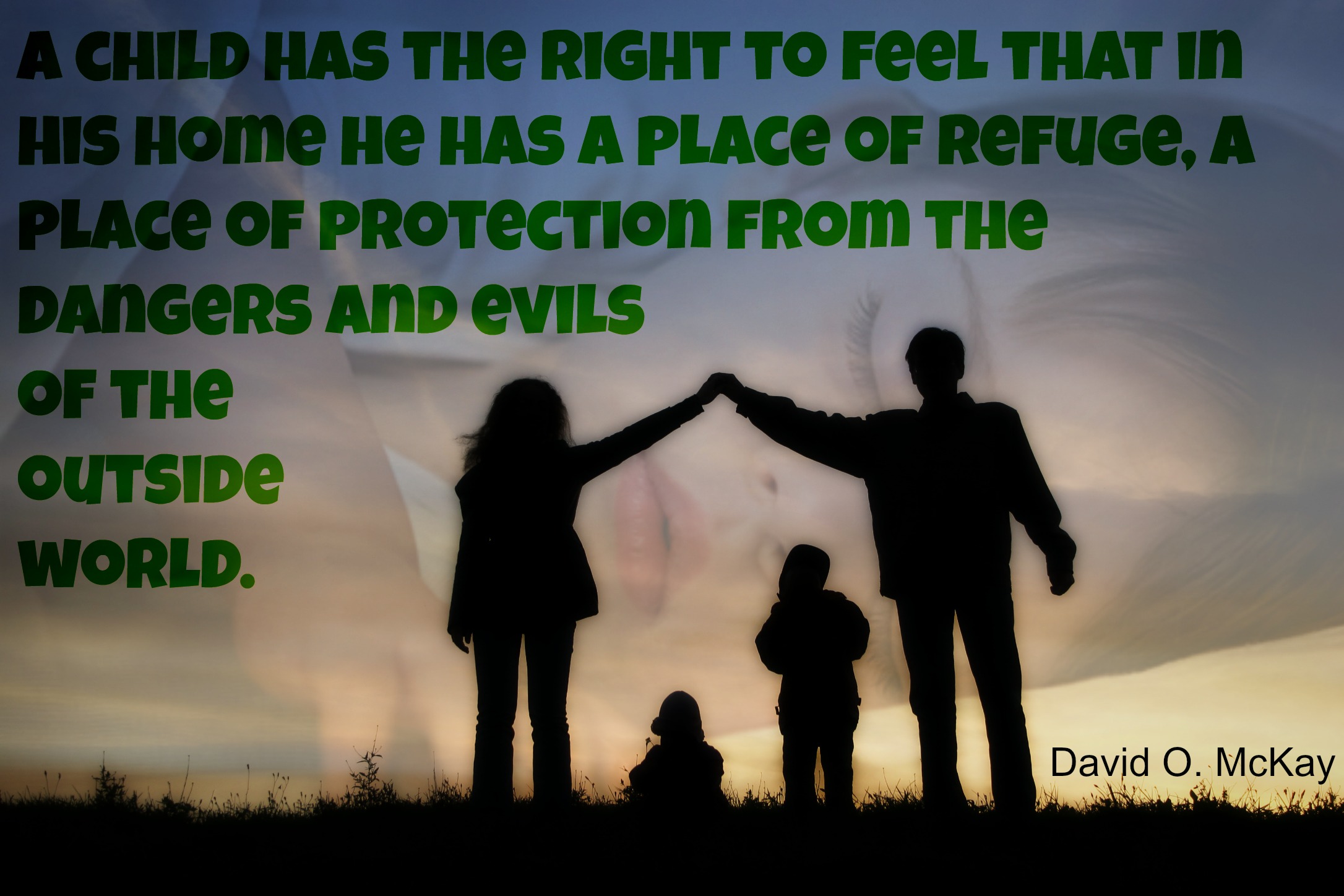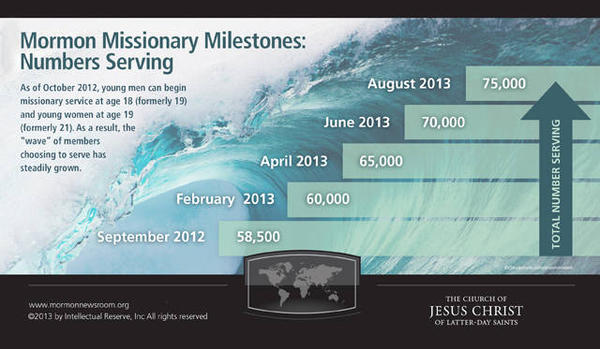Jen Kwapinski, a member of The Church of Jesus Christ of Latter-day Saints, baked her way into the public eye on one of TLC’s reality shows, but her commitment to her Mormon standards made her stand out.
Members of the Church of Jesus Christ, often mistakenly called Mormons, believe in following standards of living that include abstaining from tobacco, alcohol, coffee, and tea. They don’t view pornography, use coarse language, or dress immodestly. They also avoid shopping or participating in sporting events on Sunday. The purpose for these standards is to enjoy increased happiness in life and to blessed with a close relationship with God.
Latter-day Saints often have to make a courageous stand to stick to their values and convictions despite voices of opposition and criticism. Their standards, at the very least, make them seem unusual in comparison to the social standards practiced around them.
 Jen Kwapinski, a member of the Church of Jesus Christ, found herself in this position when she competed in the “Next Great Baker” reality TV show. Kwapinski makes cakes and cupcakes in her San Jose, California, business called Jen’s Cakes. During the competition, contestants were asked to create a “cocktail-inspired cupcake.” Kwapinski designed a cupcake using Kahlua, which is a rum and coffee-flavored liqueur, and she added a filling that contained Kahlua. Because of Kwapinski’s standards, she did not taste the filling, which is not baked.
Jen Kwapinski, a member of the Church of Jesus Christ, found herself in this position when she competed in the “Next Great Baker” reality TV show. Kwapinski makes cakes and cupcakes in her San Jose, California, business called Jen’s Cakes. During the competition, contestants were asked to create a “cocktail-inspired cupcake.” Kwapinski designed a cupcake using Kahlua, which is a rum and coffee-flavored liqueur, and she added a filling that contained Kahlua. Because of Kwapinski’s standards, she did not taste the filling, which is not baked.
The host, Buddy Valastro, who is star of “Cake Boss,” said the cupcake was too strong for his tastes, and Kwapinski said she had not tasted it for “religious reasons.” Kwapinski said, “I figured they can’t expect every single person to be [a] drinker, even though everyone there but me ended up being one. . . . I don’t drink and if anyone ever tries to persuade me to do so, I’m never going to give in. That’s just how it is.”
Later in the same episode, Kwapinski was teamed with two other contestants for an “elimination challenge.” The two other contestants “argued constantly back and forth with language that had to be bleeped for television.” Kwapinski said that she is not accustomed to “cussing” and found it “hard to be around.” She said that she had to “tune their language out” so that she could “stay focused on the challenge.”
 Kwapinski found other benefits from sticking to her standards. “Even as they were fighting,” she said, “I was more aware of the bigger picture than the other contestants. I knew I was blessed to be on the show and because of it I’m now getting better at reserving more time for things such as reading my scriptures. It’s important to have key things in your life and to keep doing them, then everything else will fall into place the way they are suppose to.”
Kwapinski found other benefits from sticking to her standards. “Even as they were fighting,” she said, “I was more aware of the bigger picture than the other contestants. I knew I was blessed to be on the show and because of it I’m now getting better at reserving more time for things such as reading my scriptures. It’s important to have key things in your life and to keep doing them, then everything else will fall into place the way they are suppose to.”
Kwapinski was one of the three finalists. She competed in Las Vegas for the $100,000 prize and the opportunity to appear in Redbook magazine and work in host Valastro’s Carlo’s Bakery. She finished third in the competition. She felt that she was able to “prove herself to Valastro” and knows that she had “divine help.”
During the finale, Kwapinski encountered more challenges to her beliefs. “I’ve been taught that gambling is wrong because it can put you in a bad financial situation if you’re not careful,” she said. “Since I never want to be in that situation myself, I’ve never even had the desire to gamble.”
One of the scenes in this episode showed her playing Blackjack with the host and the rest of the finalists. Kwapinski carefully considered her participation in the scene. “The producer asked me on camera if I would be all right playing the game since no money was involved,” she said. “. . . I felt comfortable with my decision because I wasn’t really gambling.”
Kwapinski offered advice to anyone who may have the chance to be on a reality show, which has application for other endeavors in life: “Stay true to yourself and your values because that will always be beneficial. . . . Also, keep in mind that everyone is watching you and everything you do is on camera. Any poor choice you make or any negative thing you say or do most likely will be shown on television, so by staying positive and keeping your head in the competition, it will be better in the long run.”
This article was written by Paula Hicken, a member of The Church of Jesus Christ of Latter-day Saints.
 Paula Hicken was an editor with the Neal A. Maxwell Institute for Religious Scholarship from 2000 to 2013. She earned her BA degree in English from Brigham Young University. She edited Insights, the Maxwell Institute newsletter, and was the production editor for Faith, Philosophy, Scripture, Hebrew Law in Biblical Times (2nd ed.), Third Nephi: An Incomparable Scripture, and was one of the copy editors for Analysis of the Textual Variants of the Book of Mormon. She also helped manage the Maxwell Institute intellectual property and oversaw rights and permissions. She has published in the Ensign, the Liahona, the LDS Church News, and the FARMS Review.
Paula Hicken was an editor with the Neal A. Maxwell Institute for Religious Scholarship from 2000 to 2013. She earned her BA degree in English from Brigham Young University. She edited Insights, the Maxwell Institute newsletter, and was the production editor for Faith, Philosophy, Scripture, Hebrew Law in Biblical Times (2nd ed.), Third Nephi: An Incomparable Scripture, and was one of the copy editors for Analysis of the Textual Variants of the Book of Mormon. She also helped manage the Maxwell Institute intellectual property and oversaw rights and permissions. She has published in the Ensign, the Liahona, the LDS Church News, and the FARMS Review.
References:
Kylie Lewis, “‘Next Great Baker’ finalist’s Mormon faith on display,” Deseret News, February 11, 2013.
Paula Hicken was an editor with the Neal A. Maxwell Institute for Religious Scholarship from 2000 to 2013. She earned her BA degree in English from Brigham Young University. She edited Insights, the Maxwell Institute newsletter, and was the production editor for Faith, Philosophy, Scripture, Hebrew Law in Biblical Times (2nd ed.), Third Nephi: An Incomparable Scripture, and was one of the copy editors for Analysis of the Textual Variants of the Book of Mormon. She also helped manage the Maxwell Institute intellectual property and oversaw rights and permissions. She has published in the Ensign, the Liahona, the LDS Church News, and the FARMS Review.



